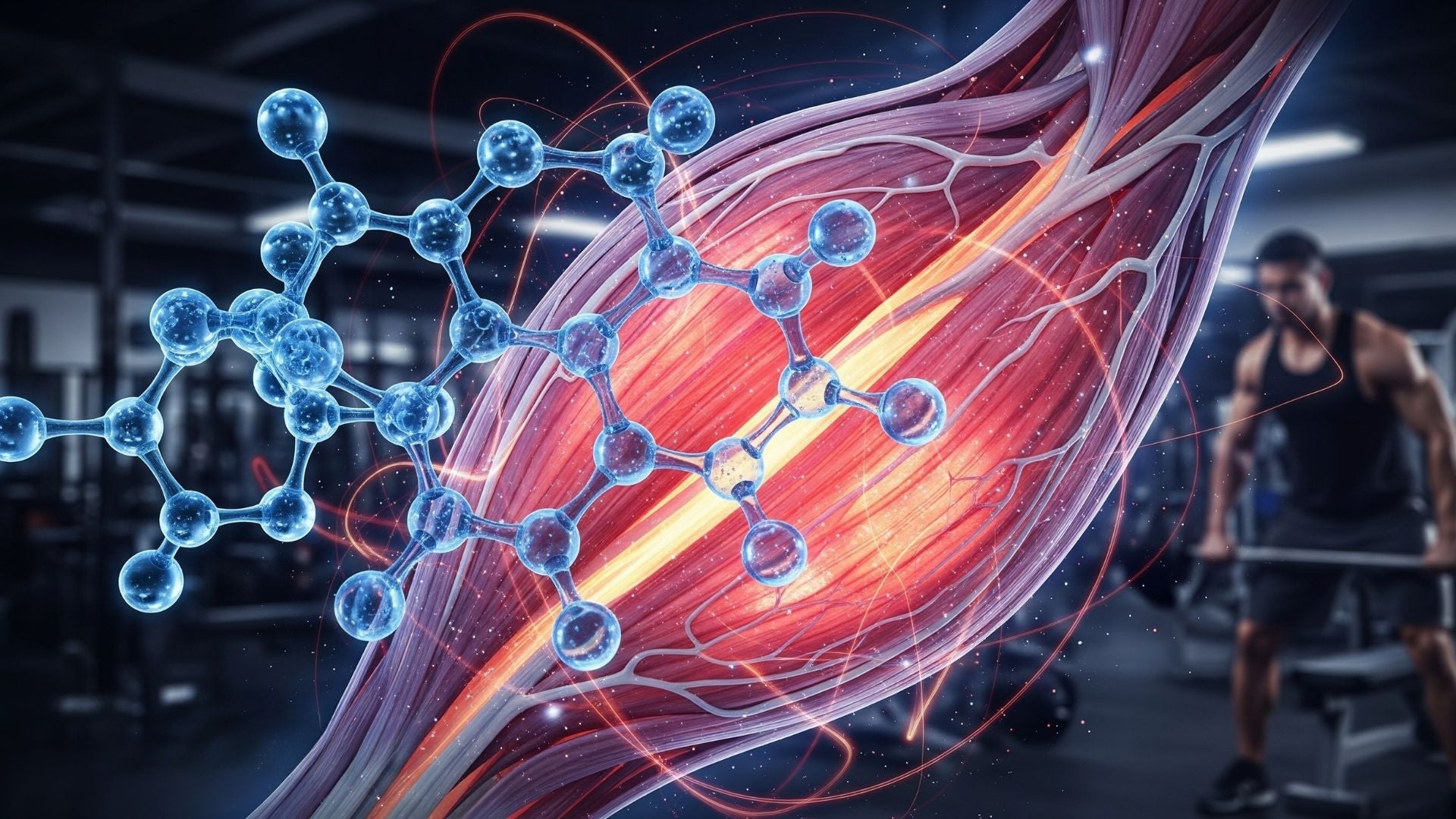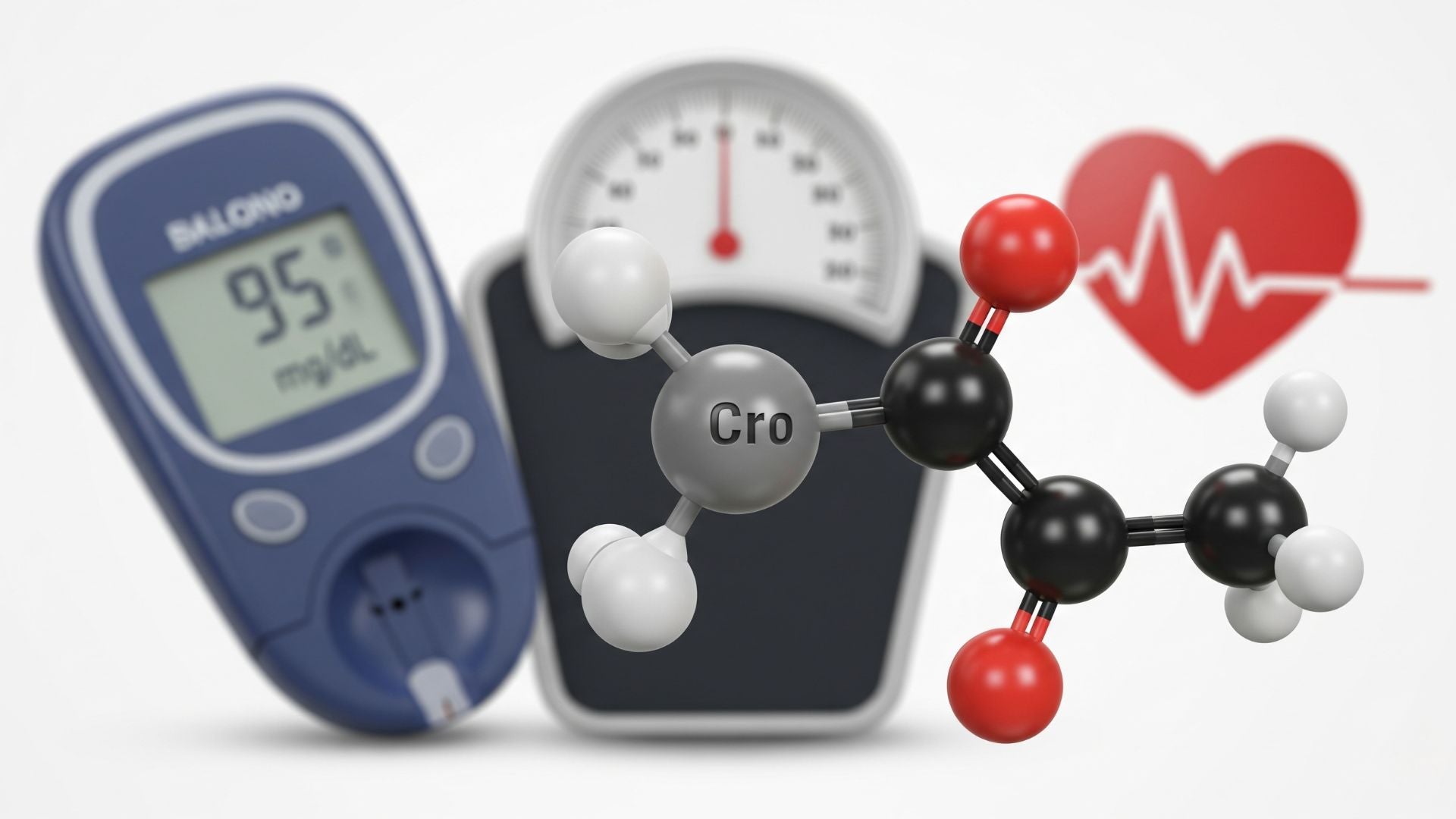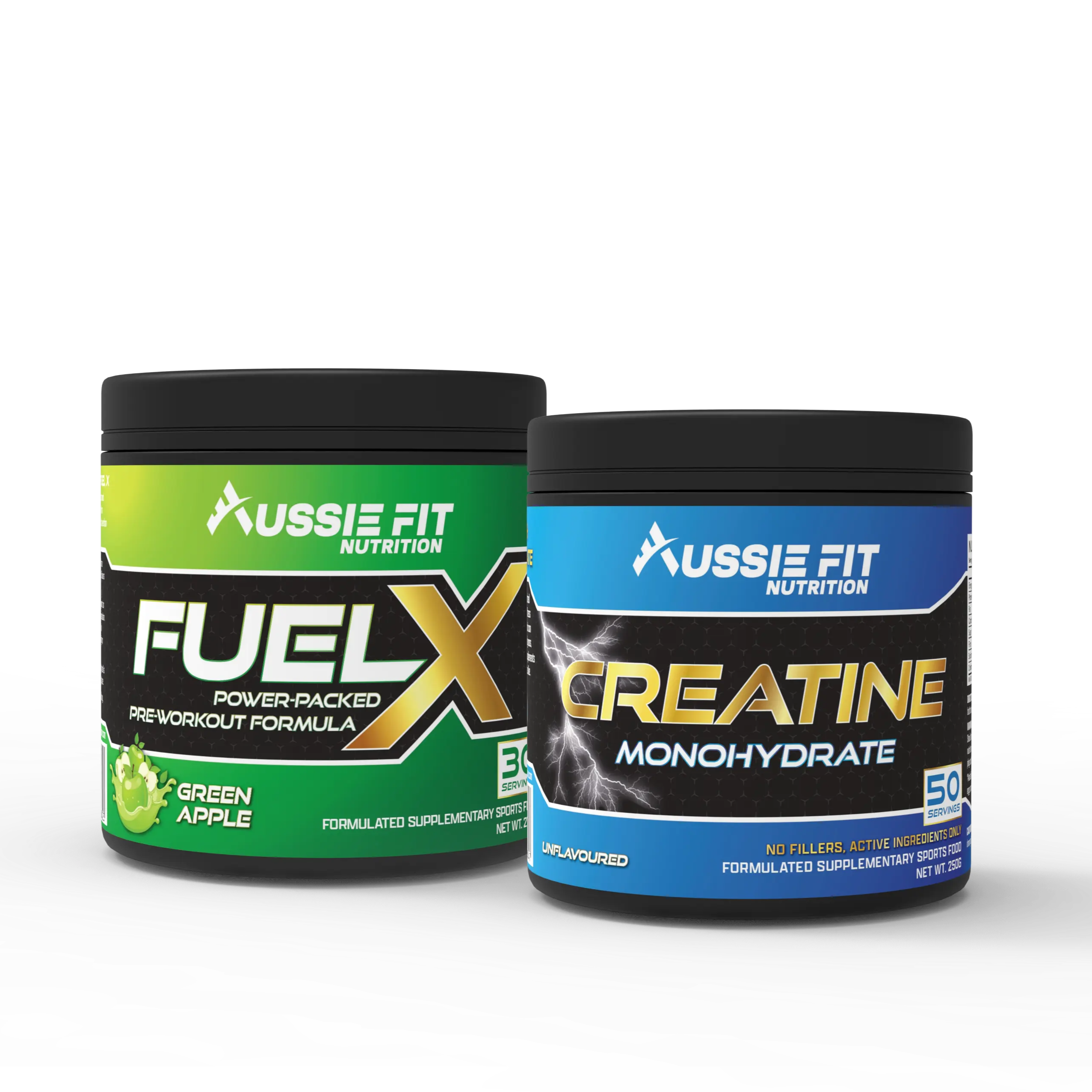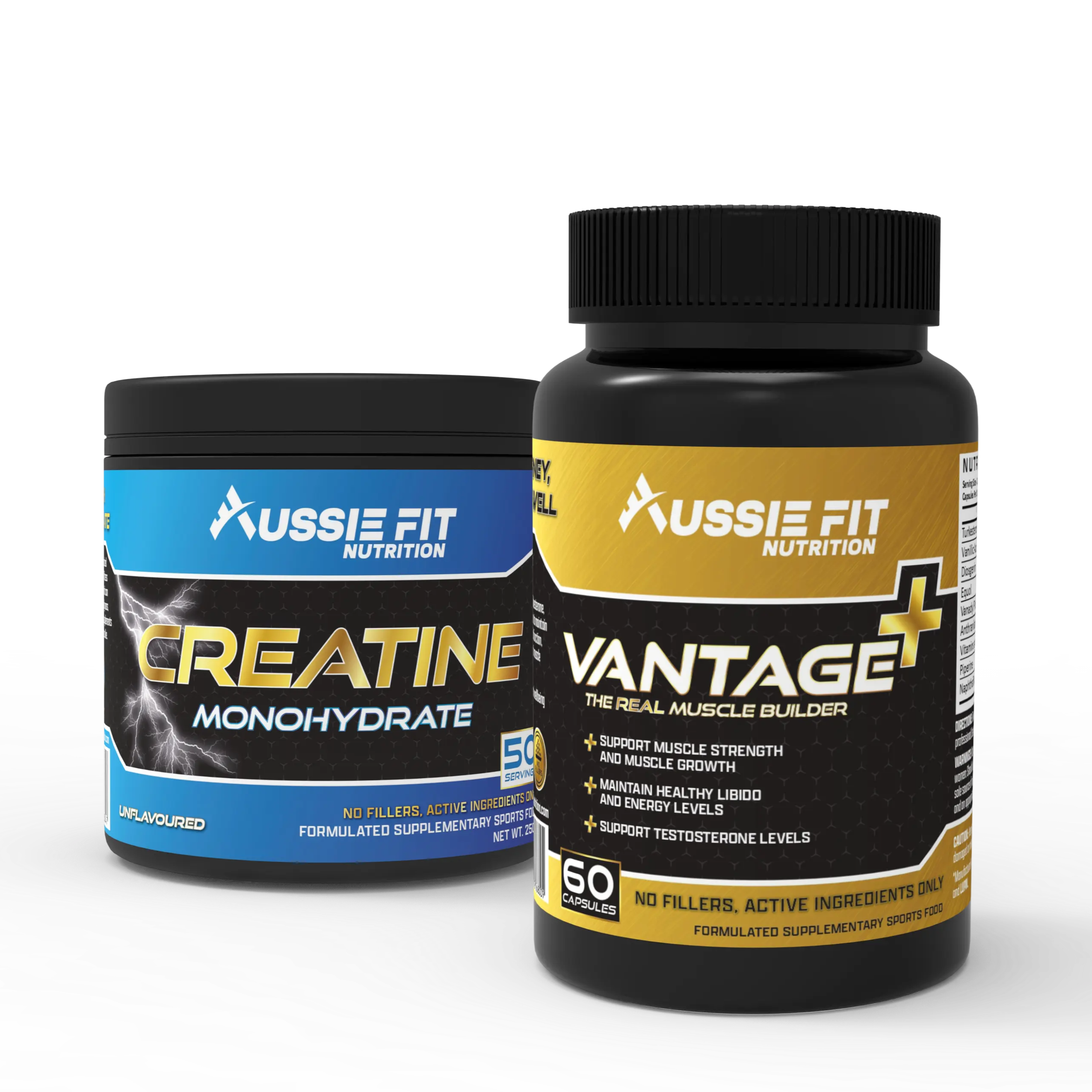Equol Benefits, Uses and Possible Side Effects
- by My Store Admin
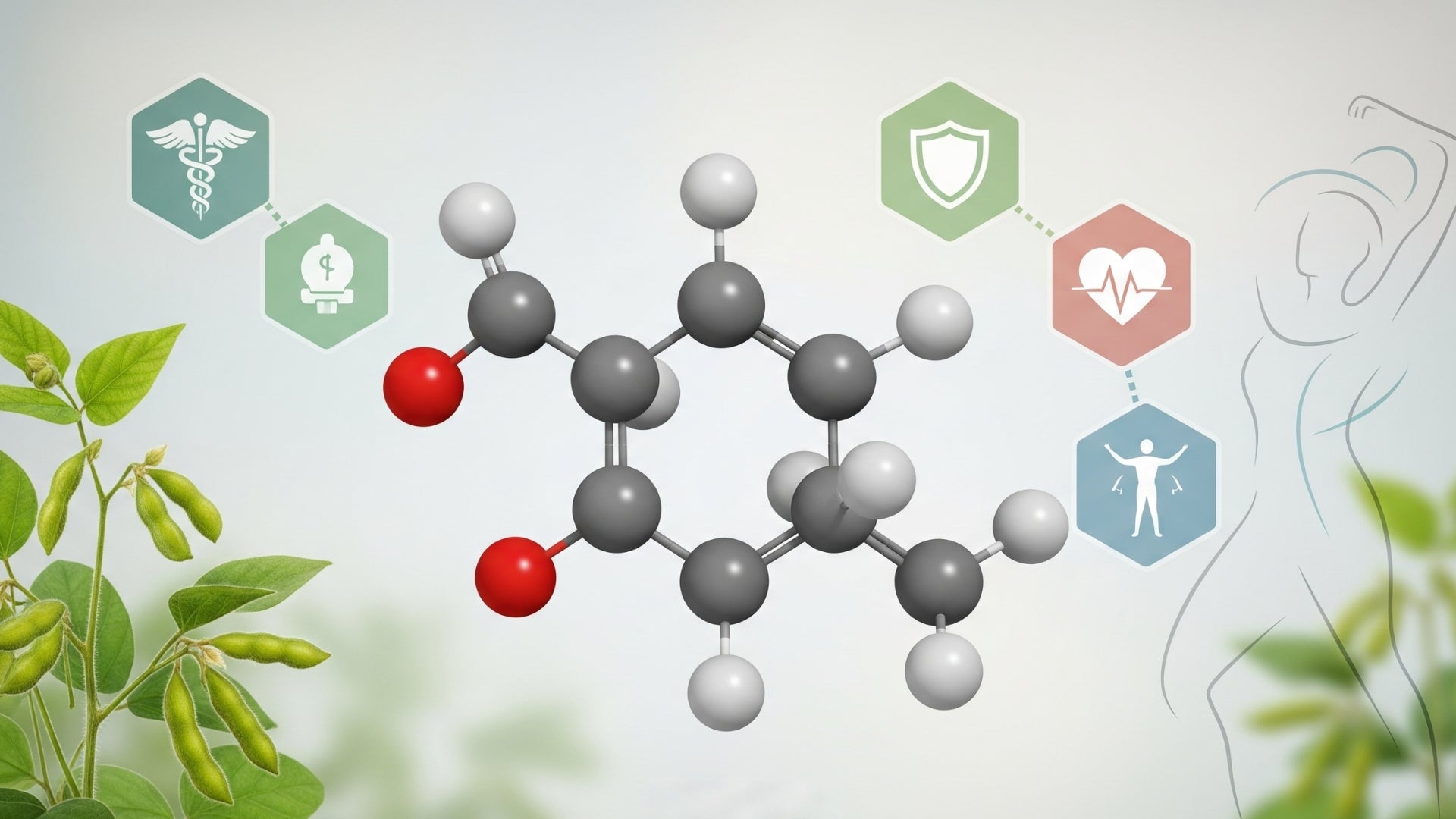
What is Equol
Equol is a naturally occurring compound that belongs to the family of isoflavonoids and is produced in the gut when specific bacteria metabolize soy isoflavones, particularly daidzein. It has gained attention in the field of nutrition and wellness because of its unique ability to mimic some effects of estrogen in the body. However, not everyone produces equol naturally. The capacity to produce equol depends on the presence of certain gut bacteria, and studies show that only about 30 to 50 percent of people can naturally convert soy isoflavones into equol. This distinction makes equol supplementation an interesting area of study, especially for individuals who do not produce it on their own but may benefit from its effects.
How Equol Works in the Body
Equol acts as a selective estrogen receptor modulator, which means it can bind to estrogen receptors in the body and provide a balancing effect depending on the hormonal environment. It binds more strongly to estrogen receptor beta than to alpha, which can be beneficial for targeting specific tissues such as bones, skin, and the cardiovascular system without overstimulating tissues like the breast or uterus. This property has led to its use in research on menopausal symptoms, bone health, cardiovascular support, and even prostate health. Equol is also known for its antioxidant properties, helping the body reduce oxidative stress and inflammation, both of which play a role in aging and chronic disease.
Benefits of Equol
Equol supplementation has been studied for a wide range of health benefits. Some of the key potential advantages include:
-
Support for Menopausal Symptoms: Equol has shown promise in reducing hot flashes, night sweats, and mood fluctuations that are common during menopause. Because it has mild estrogen-like activity, it provides a natural alternative for women looking for non-hormonal relief.
-
Bone Health: Equol may help in maintaining bone density by positively influencing bone metabolism, which is particularly important for postmenopausal women who are at risk of osteoporosis.
-
Prostate Health: In men, equol has been studied for its potential role in supporting prostate health by reducing symptoms associated with benign prostatic hyperplasia (BPH). Its interaction with hormones may help reduce the risk of prostate issues over time.
-
Cardiovascular Support: Equol may improve blood vessel flexibility, support healthy cholesterol levels, and reduce inflammation in the cardiovascular system.
-
Skin Health: Because of its antioxidant properties, equol has been researched for its role in supporting skin elasticity and reducing signs of aging such as wrinkles and dryness.
Possible Side Effects of Equol
Equol is generally considered safe for most individuals when taken in recommended amounts, whether through diet or supplementation. Since it acts in a way similar to estrogen, some people may experience mild hormonal effects, particularly if they are sensitive to phytoestrogens. Possible side effects may include digestive discomfort, mild bloating, or changes in menstrual cycles for women. These effects are usually not severe and tend to resolve with adjustments in dosage. Individuals with hormone-sensitive conditions should consult a healthcare professional before using equol supplements.
Conclusion
Equol is a unique compound with promising benefits for both men and women, ranging from improved menopausal comfort and bone strength to enhanced cardiovascular and skin health. Since not everyone produces equol naturally, supplementation offers a way to access its benefits regardless of gut microbiota. Its role as a selective estrogen receptor modulator and antioxidant makes it a fascinating area of ongoing nutritional research. As with any supplement, professional guidance is recommended to ensure safe and effective use.
- Posted in:
- IG








